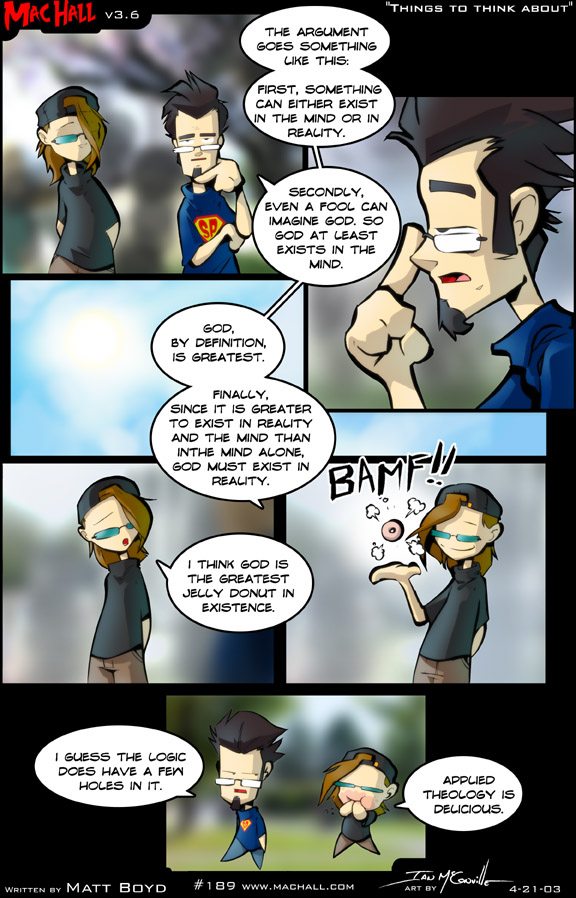JDawg:
We go by what we can see. And nobody ever said String Theory was consensus. As a matter of fact, the detractors of the theory call it "science philosophy".
You've got to get past the fact that science goes by evidence, whereas philosophy, or at least what you're talking about, does not.
Detractors calling it "science philosophy" discredit both science and philosophy, while rightfully discreditting String Theory.
But no, philosophy has evidence, it is merely evidence of a rational, not empirical, nature. Of course, this permits philosophy to actually prove things and find truth, unlike science which cannot do any such thing - as evidenced again, by the nature of scientific inquiry, as discussed by Popper and others.
Who is "we"? Who decides that existence is attributable to God? And since when are the laws of it God's attributes? And where are the perfections?
Who is "we"? Rational humanity. Or at least, those amongst who are are rational and pursue the topic, too.
I never claimed existence was necessarily an attribute of God. Anselm does, but I am not at this moment claiming anything. In fact, I do not intend to prove or disprove God here.
As to the attributes, I spoke of them in the OP. They clearly go back to the nature of existence. It is ridiculous to speak of omnipotence without reference to existence, for instance.
Again, you're not proving or disproving anything. You're taking an assumption and running with it. That's all you are doing.
You are again mistaking philosophy for science. Science is the one that takes assumption and conjecture and hypothesis and runs away with it, without hope of proof. Rational philosophy does quite the opposite.

